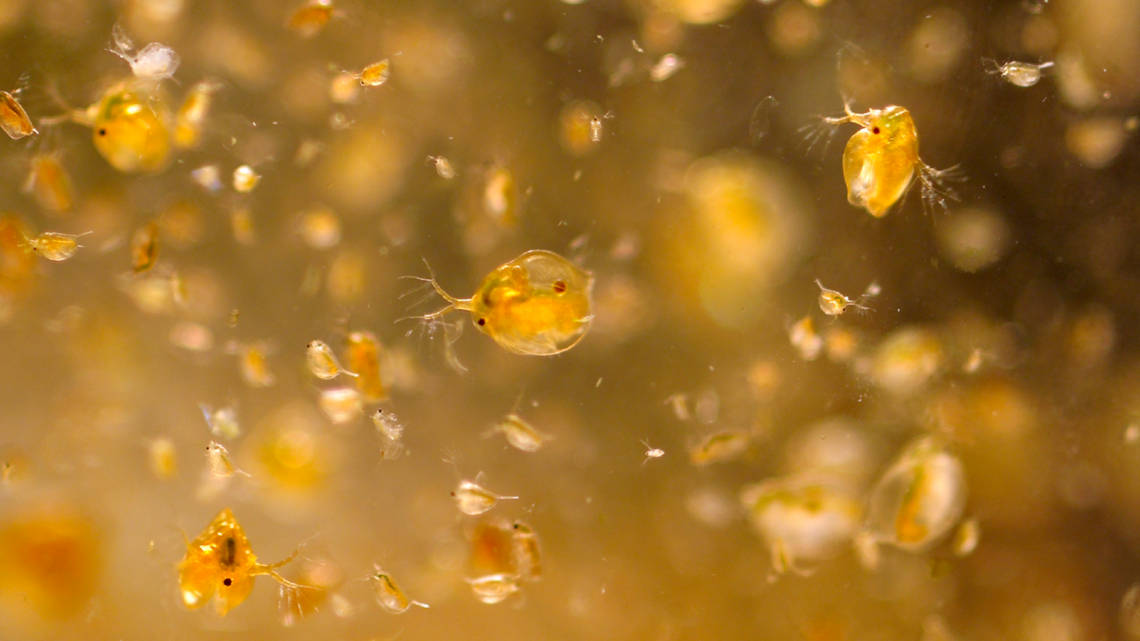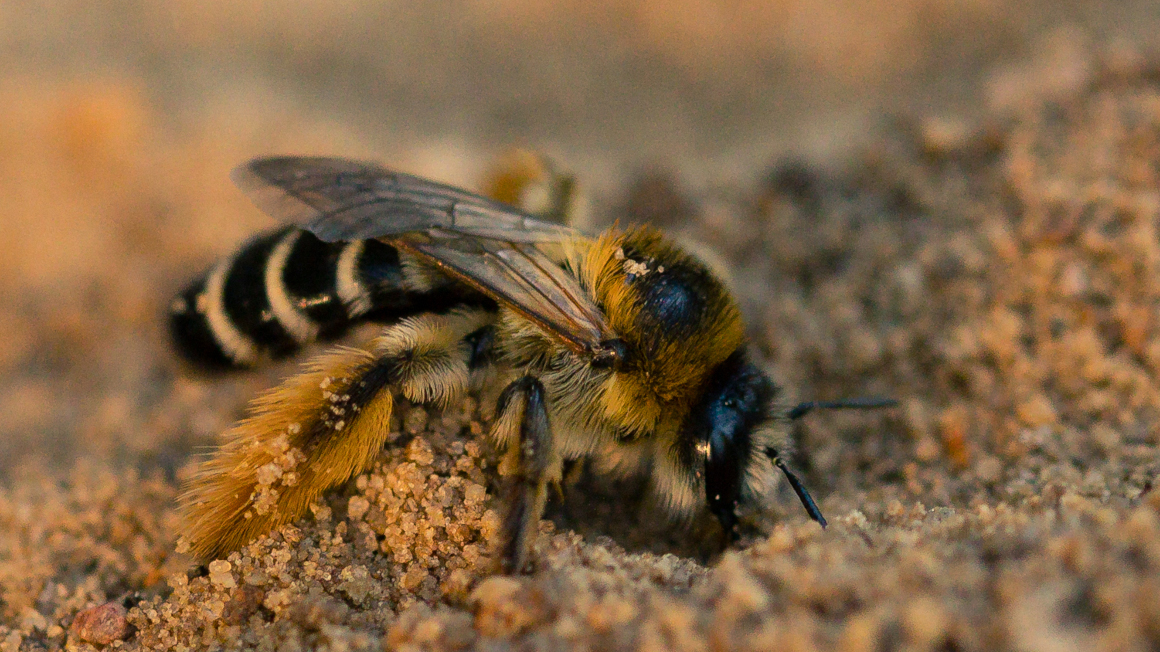Pesticides: even low doses harmful
Pesticides pose greater risks than previously thought: Helmholtz researchers have shown that pollutants can affect sensitive people and ecosystems even at very low concentrations.

For many pollutants such as pesticides, the legislator has set threshold values. Below these limits, exposure is considered harmless. However, this does not seem to apply to many living organisms, including humans, as ecotoxicologists at the Helmholtz Centre for Environmental Research (UFZ) have now been able to show. Even concentrations that are up to 10,000 times below today's threshold values are problematic for sensitive individuals, the researchers report in the scientific journal "Scientific Reports". Internal and external stress plays a crucial role.
Negative effects at low concentrations well documented
The scientists' investigation was triggered by an observation: "At very low pesticide concentrations - far below concentrations that led to effects in previous studies - effects on sensitive organisms were observed," UFZ ecotoxicologist Matthias Liess explains. "We observed these unexpected effects at very low concentrations in almost all existing studies in which effects of such concentrations of toxicants were investigated."
Internal stress increases risk
Their own research underpinned the observation of the scientists and provided a possible explanation: the external stress generated by the pollutants meets internal stress. If the external stress caused by heat or parasites is high, the sensitivity to pollutants increases. "We were already able to quantify this relationship in earlier studies," reports Liess. "Additionally, we are now able to show that individuals develop internal stress when they are exposed to too little stress from the environment." It appears that organisms are adapted to a certain degree of "external" stress. If it is missing, they develop "internal" stress. "Thus, too much - but also too little - stress increases sensitivity to pollutants," summarizes the UFZ researcher.
New model for risk assessment of chemicals
Previous model calculations could not predict how low pollutant concentrations would affect sensitive individuals and species. "But this is very important in both human and ecotoxicological risk assessment," explains Liess. Based on their new findings, the researchers have therefore developed a model that should help to better take into account sensitive people such as sick people and children, but also sensitive species of an ecosystem, who already react to low concentrations, in the risk assessment of chemical substances.
bl/um


